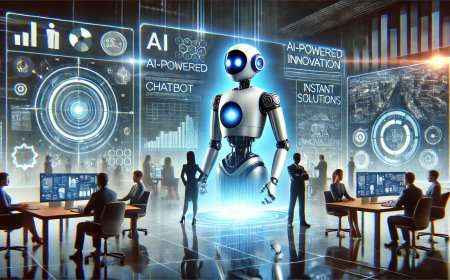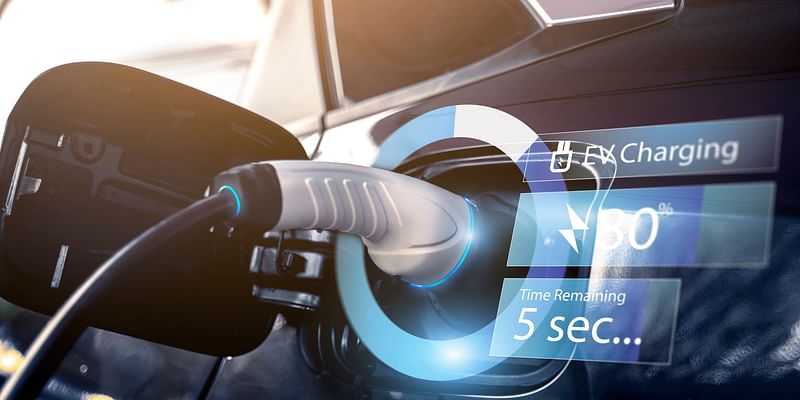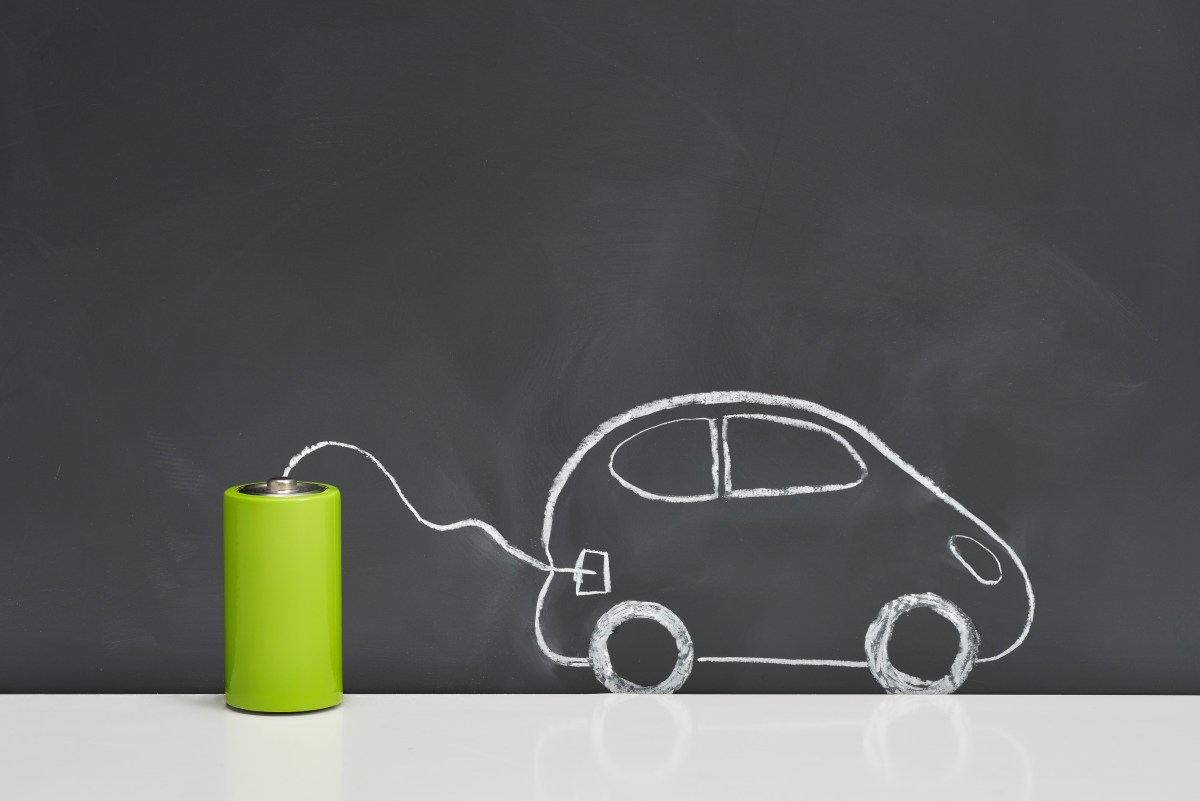The Download: how the military is using AI, and AI’s climate promises
This is today’s edition of The Download, our weekday newsletter that provides a daily dose of what’s going on in the world of technology. Generative AI is learning to spy for the US military For much of last year, US Marines conducting training exercises in the waters off South Korea, the Philippines, India, and Indonesia were also…

This is today’s edition of The Download, our weekday newsletter that provides a daily dose of what’s going on in the world of technology.
Generative AI is learning to spy for the US military
For much of last year, US Marines conducting training exercises in the waters off South Korea, the Philippines, India, and Indonesia were also running an experiment. The service members in the unit responsible for sorting through foreign intelligence and making their superiors aware of possible local threats were for the first time using generative AI to do it, testing a leading AI tool the Pentagon has been funding.
Two officers tell us that they used the new system to help scour thousands of pieces of open-source intelligence—nonclassified articles, reports, images, videos—collected in the various countries where they operated, and that it did so far faster than was possible with the old method of analyzing them manually.
Though the US military has been developing computer vision models and similar AI tools since 2017, the use of generative AI—tools that can engage in human-like conversation—represent a newer frontier. Read the full story.
—James O’Donnell
Why the climate promises of AI sound a lot like carbon offsets
The International Energy Agency states in a new report that AI could eventually reduce greenhouse-gas emissions, possibly by much more than the boom in energy-guzzling data center development pushes them up.
The finding echoes a point that prominent figures in the AI sector have made as well to justify, at least implicitly, the gigawatts’ worth of electricity demand that new data centers are placing on regional grid systems across the world.
There’s something familiar about the suggestion that it’s okay to build data centers that run on fossil fuels today because AI tools will help the world drive down emissions eventually—it recalls the purported promise of carbon credits. Unfortunately, we’ve seen again and again that such programs often overstate any climate benefits, doing little to alter the balance of what’s going into or coming out of the atmosphere. Read the full story.
—James Temple
The must-reads
I’ve combed the internet to find you today’s most fun/important/scary/fascinating stories about technology.
1 MAGA influencers are downplaying Trump’s market turmoil
They’re finding creative ways to frame the financial tumult as character building. (WP $)
+ Some democrats are echoing his trade myths, too. (Vox)
2 Amazon products are going to cost more
CEO Andy Jassy says he anticipates third party sellers passing the costs introduced by tariffs on to their customers. (CNBC)
+ He says the company has been renegotiating terms with sellers. (CNN)
3 OpenAI has slashed its model safety testing time
Which experts worry will mean it rushes out models without sufficient safeguarding. (FT $)
+ Why we need an AI safety hotline. (MIT Technology Review)
4 A woman gave birth to a stranger’s baby in an IVF mixup
Monash IVF transferred another woman’s embryo to her by accident. (The Guardian)
+ Inside the strange limbo facing millions of IVF embryos. (MIT Technology Review)
5 Amazon equipped some of its delivery vans in Europe with defibrillators
In an experiment to see if drivers could speed up help to heart attack patients. (Bloomberg $)
6 The future of biotech is looking shaky
JFK Jr’s appointment and soaring interest rates are rocking an already volatile industry. (WSJ $)
+ Meanwhile, JFK Jr has visited the families of two girls who died from measles. (The Atlantic $)
7 Alexandre de Moraes isn’t backing down
The Brazilian judge, who has butted heads with Elon Musk, is worried about extremist digital populism. (New Yorker $)
8 An experimental pill mimics the effects of gastric bypass surgery
And could be touted as an alternative to weight-loss drugs. (Wired $)
+ Drugs like Ozempic now make up 5% of prescriptions in the US. (MIT Technology Review)
9 What happens when video games start bleeding into the real world
Game Transfer Phenomenon is a real thing, and nowhere near as fun as it sounds. (BBC)
+ How generative AI could reinvent what it means to play. (MIT Technology Review)
10 Londoners smashed up a Tesla in a public art project
The car was provided by an anonymous donor. (The Guardian)
+ Proceeds from the installation will go to food banks in the UK. (The Standard)
Quote of the day
“It feels so good to be surrounded by a bunch of people who disconnected.”
—Steven Vernon III, who works in finance, describes the beauties of a digital detox at the Masters in Augusta, Georgia as the markets descend into chaos, the Wall Street Journal reports.
This scientist is trying to create an accessible, unhackable voting machine
For the past 19 years, computer science professor Juan Gilbert has immersed himself in perhaps the most contentious debate over election administration in the United States—what role, if any, touch-screen ballot-marking devices should play in the voting process.
While advocates claim that electronic voting systems can be relatively secure, improve accessibility, and simplify voting and vote tallying, critics have argued that they are insecure and should be used as infrequently as possible.
As for Gilbert? He claims he’s finally invented “the most secure voting technology ever created.” And he’s invited several of the most respected and vocal critics of voting technology to prove his point. Read the full story.
—Spenser Mestel
We can still have nice things
A place for comfort, fun and distraction to brighten up your day. (Got any ideas? Drop me a line or skeet ’em at me.)
+ Bad news for hoodie lovers: your favorite comfy item of clothing is no longer cutting the mustard.
+ What happens inside Black Holes? A lot more than you might think.
+ Unfortunately, pushups are as beneficial for you as they are horrible to execute.
+ Very cool—archaeologists are making new discoveries in Pompeii.



























































































































































































![How to Find Low-Competition Keywords with Semrush [Super Easy]](https://static.semrush.com/blog/uploads/media/73/62/7362f16fb9e460b6d58ccc09b4a048b6/how-to-find-low-competition-keywords-sm.png)


